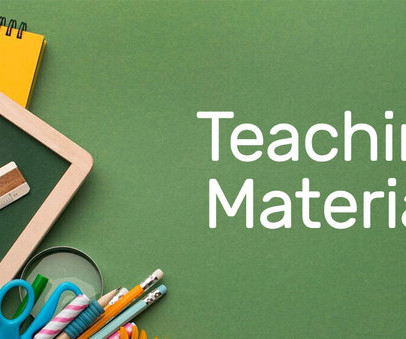Theories for the digital age: The digital natives discourse
Learning with e's
OCTOBER 27, 2012
One of the more controversial theories of the digital age is the claim that technology is changing (or rewiring) our brains (Greenfield, 2009) whilst some also claim that prolonged use of the Web is detrimental to human intellectual development (Carr, 2010). References Bennett, S., and Kervin, L.

































Let's personalize your content